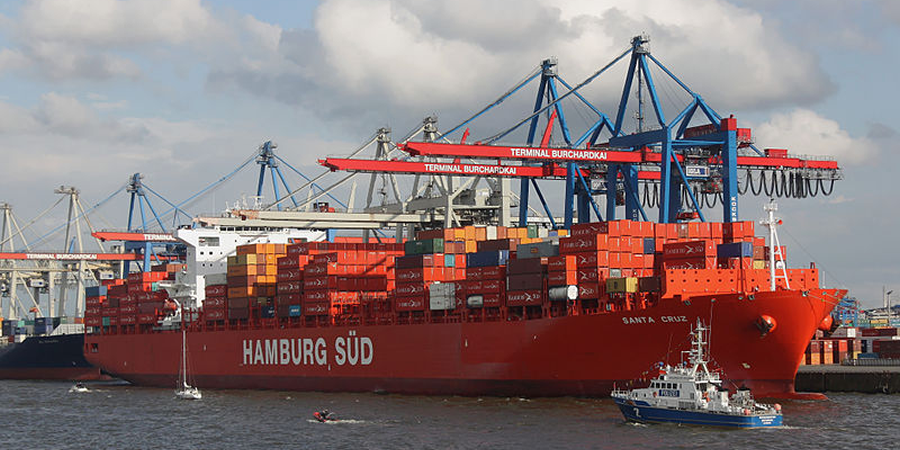October 8, 2024
Strikes at US ports hampering beef imports, industry players say

Dockworkers striking at US East Coast and Gulf Coast ports are preventing imports of beef that restaurants and retailers increasingly rely on to make hamburgers due to limited domestic supplies, traders and industry members said.
Along with beef, imports of seafood and US exports of chicken are also being disrupted.
Even short-term disruptions to shipments could snarl the broader US food supply chain, according to experts and food importers. If the strike stretches out, the result will be either shortages of some food products, price inflation or both, they said.
More than 50 container ships were already anchored or loitering off dozens of East Coast and Gulf ports as of October 2, compared to just three on September 29 before the strike, according to Reuters shipping data and Everstream Analytics.
"From a supply chain standpoint, this is a nightmare," said Jason Miller, interim chair of Michigan State University's department of supply chain management.
The beef sector could see ripple effects if the strike disrupts imports for more than a week, industry members said.
In anticipation of the strike, suppliers to US grocers and fast food restaurants ramped up imports of frozen lean beef that is mixed with domestic supplies to make hamburger meat, three industry members said.
The strike could increase costs for fast food restaurants if it persists more than a week, said Bob Chudy, a consultant for companies that import beef.
"All of a sudden, fast food chains that have been relying on much more reasonably priced lean meat from overseas would be forced to turn to domestic alternatives," Chudy said.
Beef importers could also face demurrage fees if the strike persists, costs that may be passed on to consumers, analysts said. Shipments of refrigerated fresh meat, which can be used in restaurant dishes like fajitas, risk spoiling, they said.
US retail prices for ground beef in August reached a record high of US$5.58 per pound, according to the latest available federal data.
For the US chicken industry, which relies on exports, the strike is also ill-timed, said Matt Busardo, commodity information firm Expana's team lead for US poultry. Domestic demand is waning as consumers switch to eating cold-weather meals like pot roast and chili, instead of grilling chicken, he said. The sector relies on ports such as Savannah to export leg quarters and drumsticks to countries including Angola and Cuba.
- Reuters










